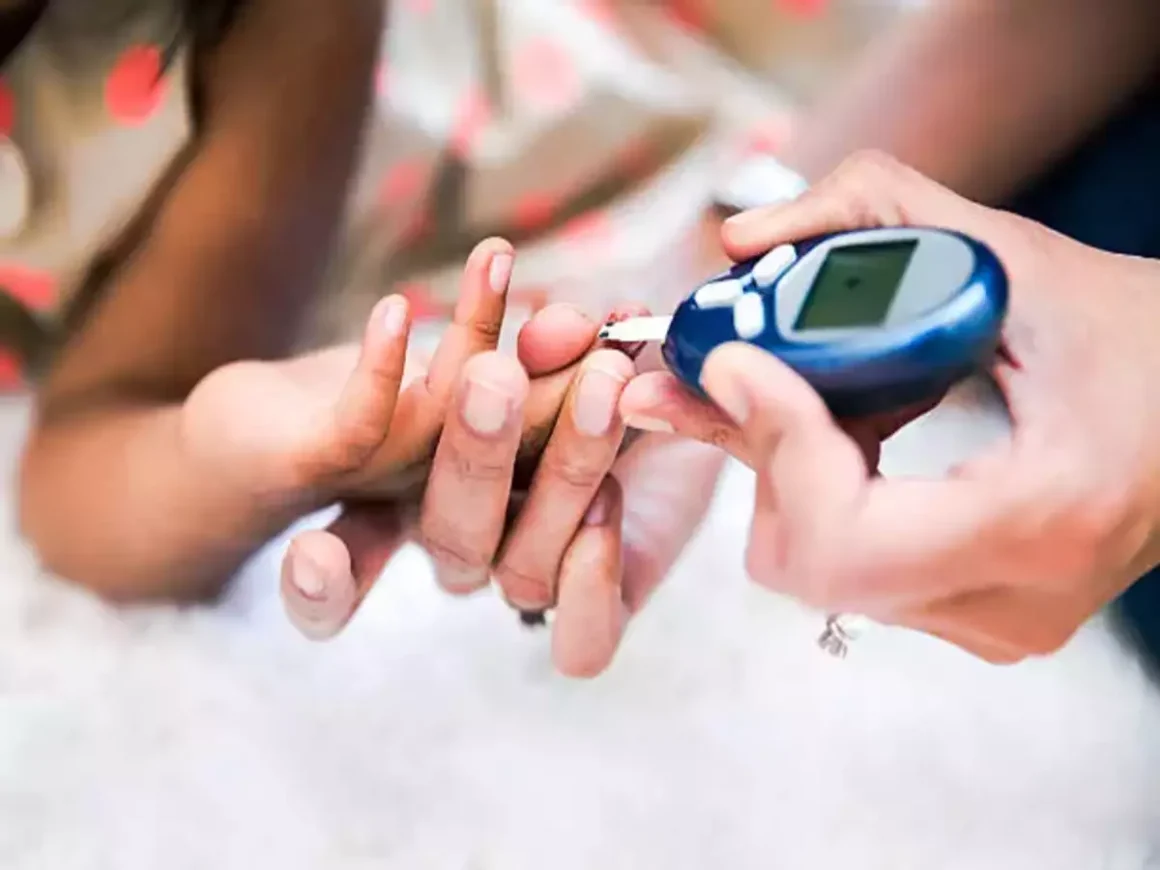Diabetes is a chronic illness affecting millions worldwide. It’s marked by high blood sugar levels, which can lead to severe health problems if not managed well. The key to managing diabetes is regularly monitoring your blood sugar to keep it in a safe range.
Why Regular Blood Sugar Monitoring Matters
Checking your blood sugar is vital for those with diabetes because it helps understand how your body reacts to food, exercise, medication, and stress. Keeping track of these levels allows you to make smart choices about what to eat, how to exercise, and how to use medication, helping you manage your diabetes better and avoid complications.
Ideal Times to Check Blood Sugar Levels
A frequent question for people with diabetes is, ‘When should I check my blood sugar?’ The timing of these tests can greatly affect the accuracy of the results, helping you make better decisions for your diabetes care.
Fasting Blood Sugar Levels
Typically checked in the morning before breakfast, fasting blood sugar levels give doctors a baseline measure of how your body handles sugar overnight. These levels can show if you need to adjust your medication or diet to keep your blood sugar stable throughout the day.
Postprandial Blood Sugar Levels
Measured after meals, postprandial blood sugar levels help you understand how your body processes food. Monitoring these levels is important for making better dietary choices and managing your portion sizes.
Pre-Exercise and Post-Exercise
For those with diabetes who exercise, checking blood sugar before and after working out is essential. Pre-exercise levels tell you if it’s safe to exercise and if you need to tweak your food or medication. Post-exercise levels show how physical activity impacts your blood sugar, helping you avoid exercise-induced fluctuations.
Bedtime Blood Glucose Levels
For people with diabetes, especially those prone to nighttime low blood sugar, checking levels before bed is crucial. This practice helps prevent low blood sugar episodes during sleep, ensuring a good night’s rest.
The timing of blood sugar checks is key to managing diabetes effectively. By monitoring your blood sugar at specific times during the day, you gain valuable insights into how your body reacts to different factors. This knowledge helps you make informed lifestyle choices, keeping you healthy and minimizing the risk of diabetes-related complications.

